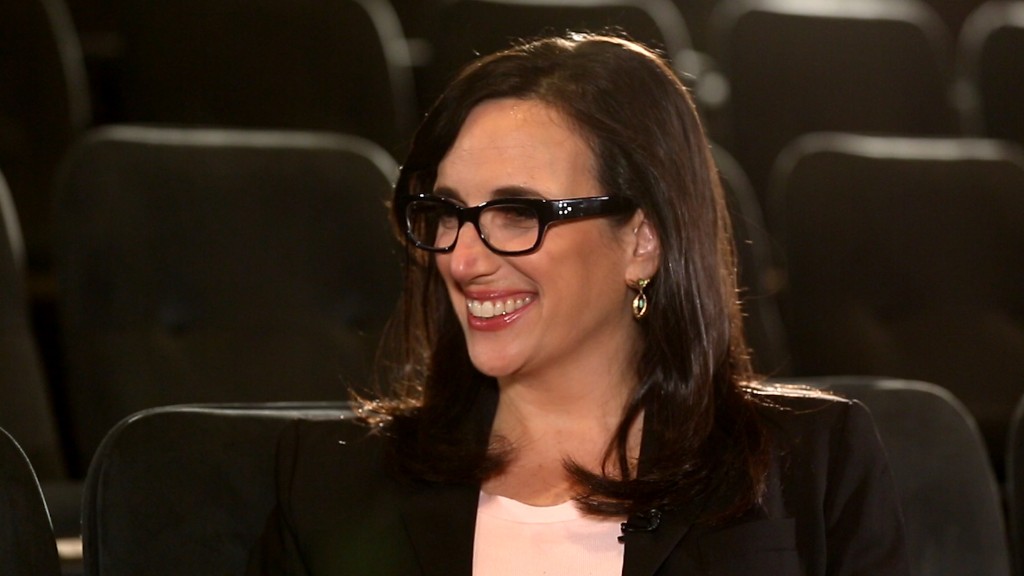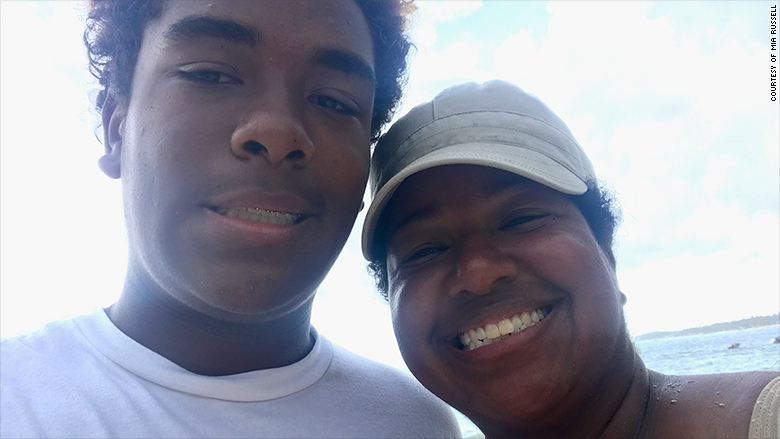
Like many bitcoin investors, Ray Russell heard about cryptocurrencies from a friend who made money.
Investing in crypto sounded easier than how he was earning money — reselling high-end clothes on ebay. He started with a $6,000 investment to buy part of a bitcoin last December when it was priced around $15,000. Five months, and some additional investments later, he now owns eight bitcoins, worth about $70,000.
The thing that sets him apart as an investor? Ray Russell is a 17-year-old high-school junior from Maryland.
There's still a huge debate over whether crypto is the way of the future, or a passing fad. Even as some legendary investors are calling out crypto as "rat poison" and "trading turds," other mainstream investors are expanding and doubling down on the asset.
Young people are increasingly drawn to cryptocurrencies as a way to make easy money. But their inexperience with investing makes them even more vulnerable to an already high-risk investment.
Consequently, regulators, financial educators and parents are struggling to keep up with a dynamic and evolving investment that they may fear more than they understand.
Mom, what is bitcoin?
When Ray first asked his mother, Mia Russell, what she knew about bitcoin, she told him diplomatically: it's an intangible asset, but there's a lot of risk and we don't know how it's going to work.
"I wanted to say, 'What in the world?! This is crazy!' " said Russell, a finance professional. "But I know that won't be productive."
Still, she's concerned. The elder Russell noticed by looking over her son's accounts (to which she has access) that money was going out to CoinBase, a cryptocurrency exchange. And money was coming in.
"I would say, 'How does he have more money in his checking account than I do?'" she said.
And Mia Russell is no rube: she's worked in finance for more than 20 years. She's taught university level courses on personal finance and now works with a national financial institution creating money management programs.
But ask her about distributed ledger technology, and she's a little out of her depth. When Ray talks about bitcoin, she says she feels like all her real world experience and academic training can't provide him the answers he needs.
"I chuckle because I am relatively knowledgeable in this space and I'm challenged," she says. "My son will joke. 'You don't even know about this and you have a PhD!'"
Ray says most of his knowledge has come not from adults, but from friends, websites, YouTube videos and a massive online open course on crypto.
"A lot of adults feel like bitcoin is a fraud," he says. "And people keep telling me to sell before I lose all my money. But once you make that much money and people are telling you it's a scam, it's like: 'How? I already made so much.'"

Understanding the risks
Young people, as digital natives, have inherent advantages when it comes to understanding cryptocurrency. But do they understand the very grown-up underlying risk?
"When you talk to investors who have been in the market a long time, they understand that along with the potential for high reward almost always comes the possibility of high risk," said Owen Donley III, chief counsel, office of investor education and advocacy at the Securities and Exchange Commission. "My concern is that young people may not have gotten that message. They certainly haven't lived that message. And it is hard especially when it is competing against a loud get-rich-quick media environment."
Donley said that cryptocurrency concerns are one of the leading areas of questions and complaints at his agency's consumer-facing site, Investor.gov. His office is actively looking at ways to meet investors where they are with reliable information.
Financial educators, like Ray's mom, are also working to keep up with crypto and have concerns about its appeal among young people.
"The money is his. It's not like that money is tied up with anything important like college savings or retirement," said Mia Russell (who required him to put $2,500 in a Roth IRA first). "But when money so easily comes into his hands, what's the consequence of that later on? I want him to value earning it and saving in some way."
She says some of the young people she's taught view investing as a way to pay off their debt, and she sees them being pulled to crypto as a quick payday, one that could go really badly and cost a lot in taxes.
"They are already delaying purchasing a home, marriage and other life milestones," she says. "What if you are investing in something so speculative? How do you build on that?"
For his part, Ray has learned some lessons by losing money in investments. But overall, he's not too concerned about the risks. 17-year-old Ray Russell has made thousands trading Cryptocurrency. But his mom, Mia Russell, has concerns about the risks.
"Honestly the only concern is that I'm actually wrong and bitcoin does go down and I lose money," he says. "If that happens, I just have to figure out when's a good time to get out."
